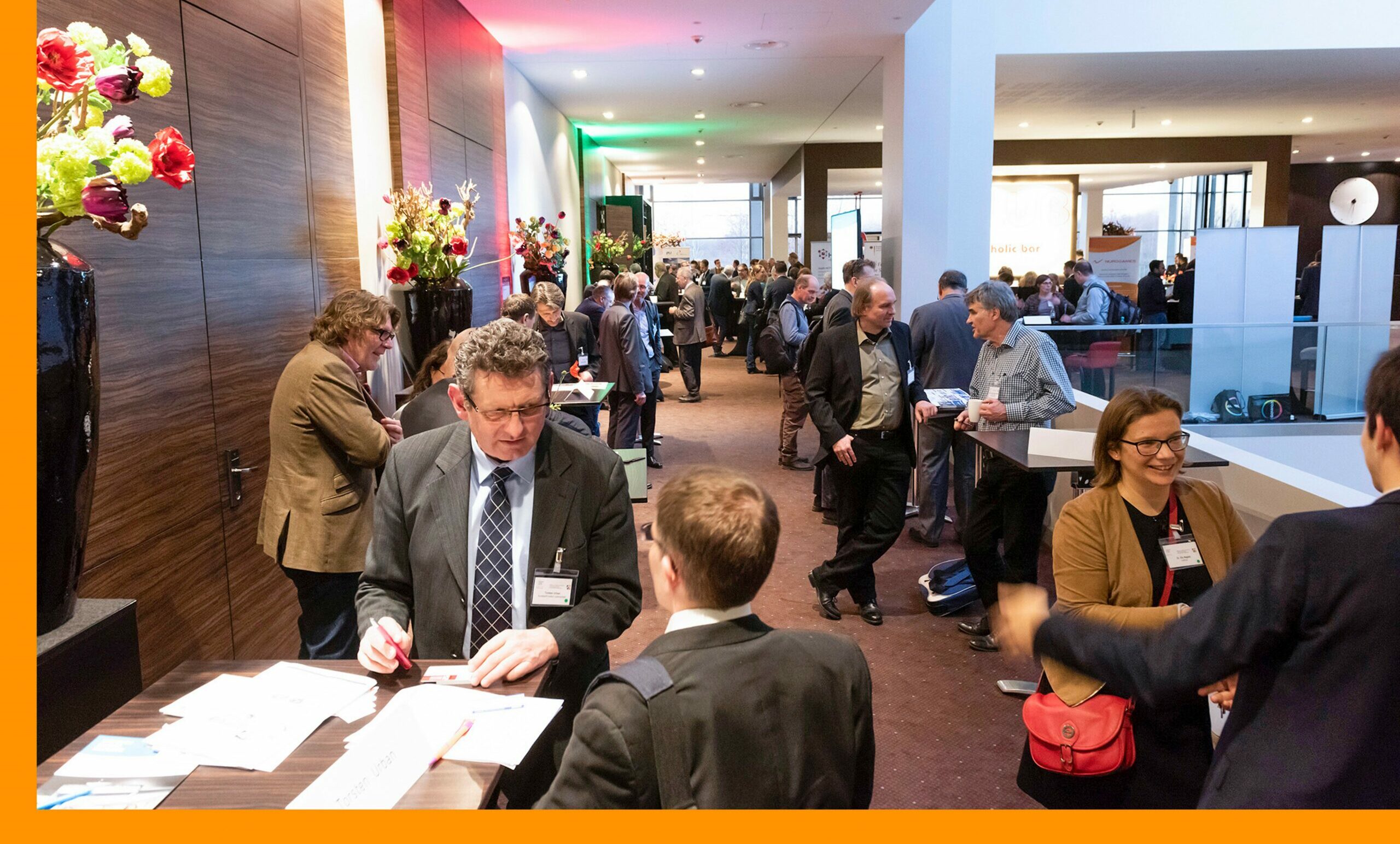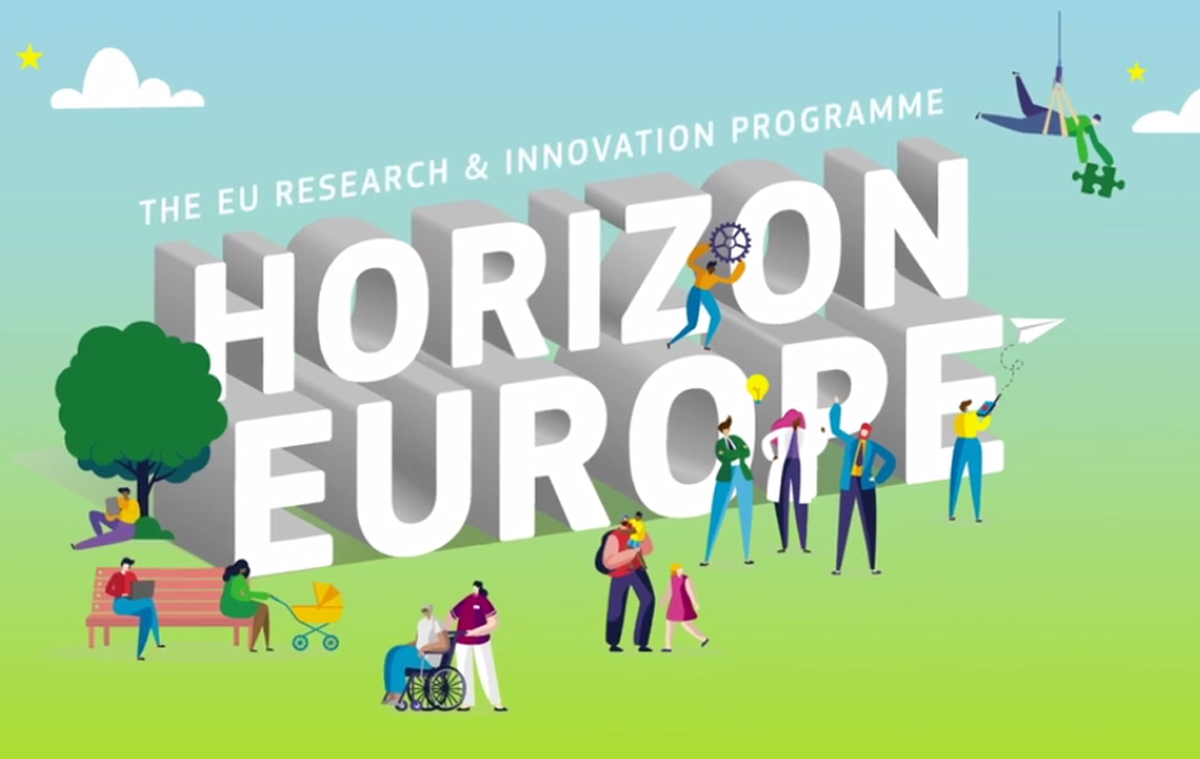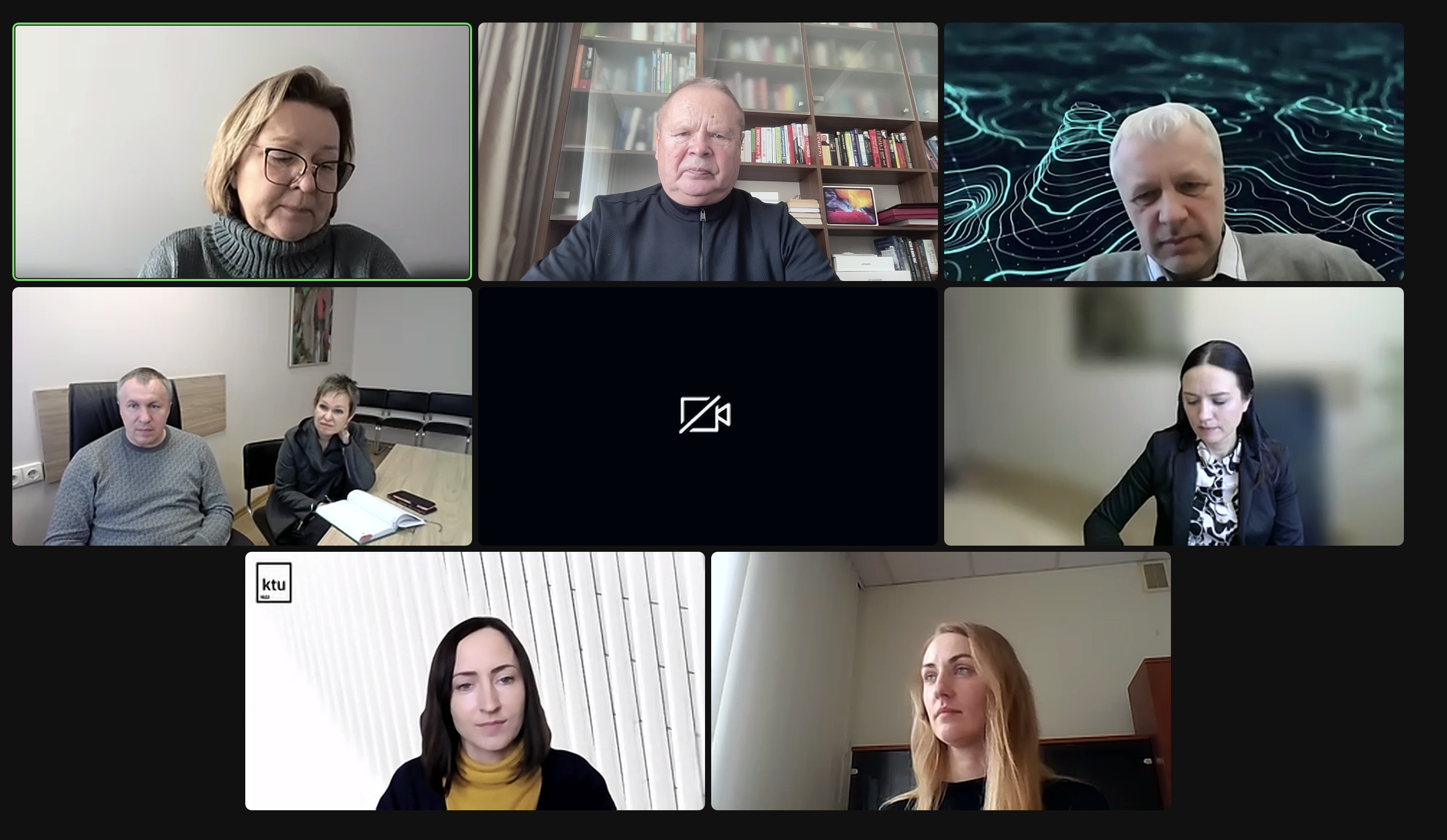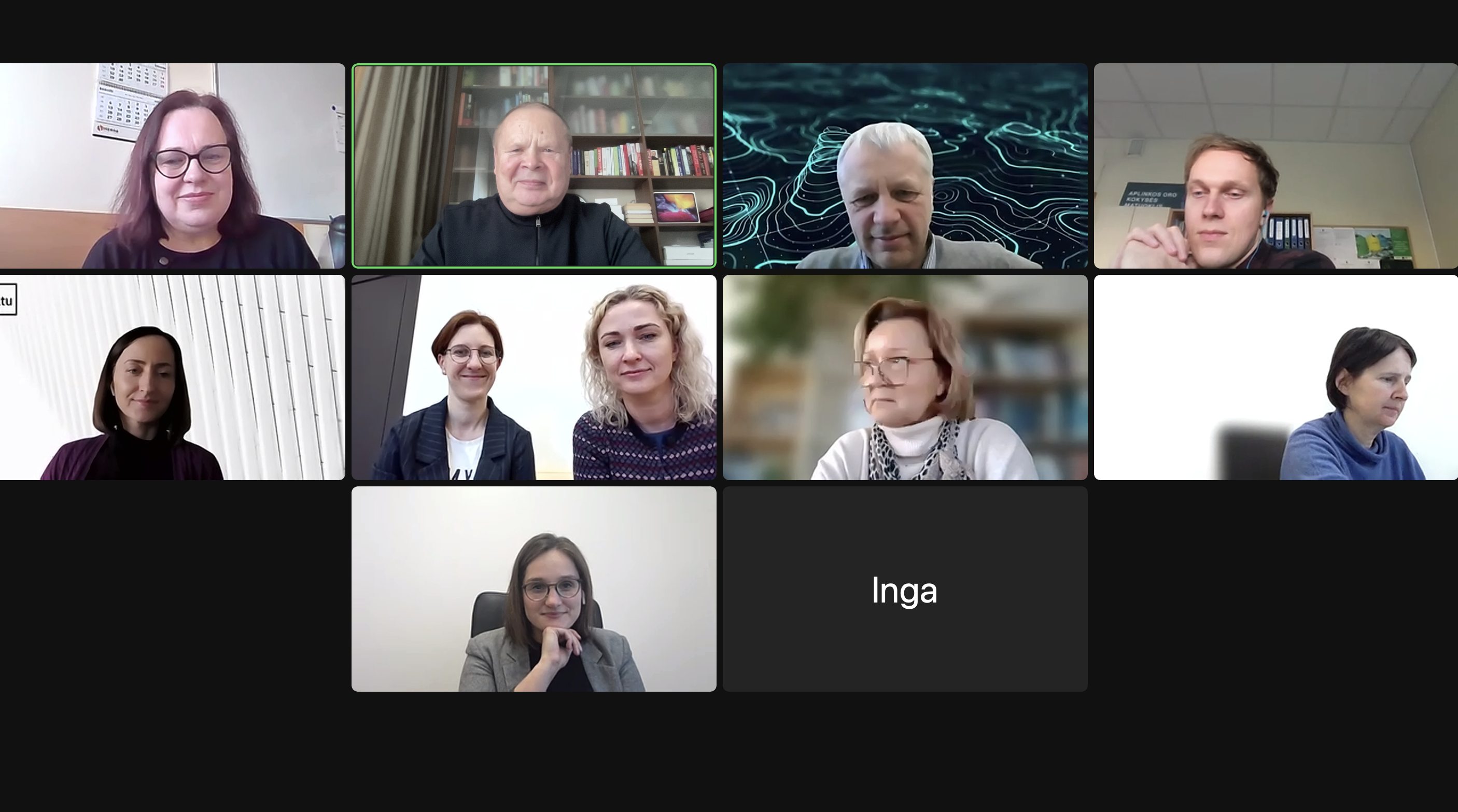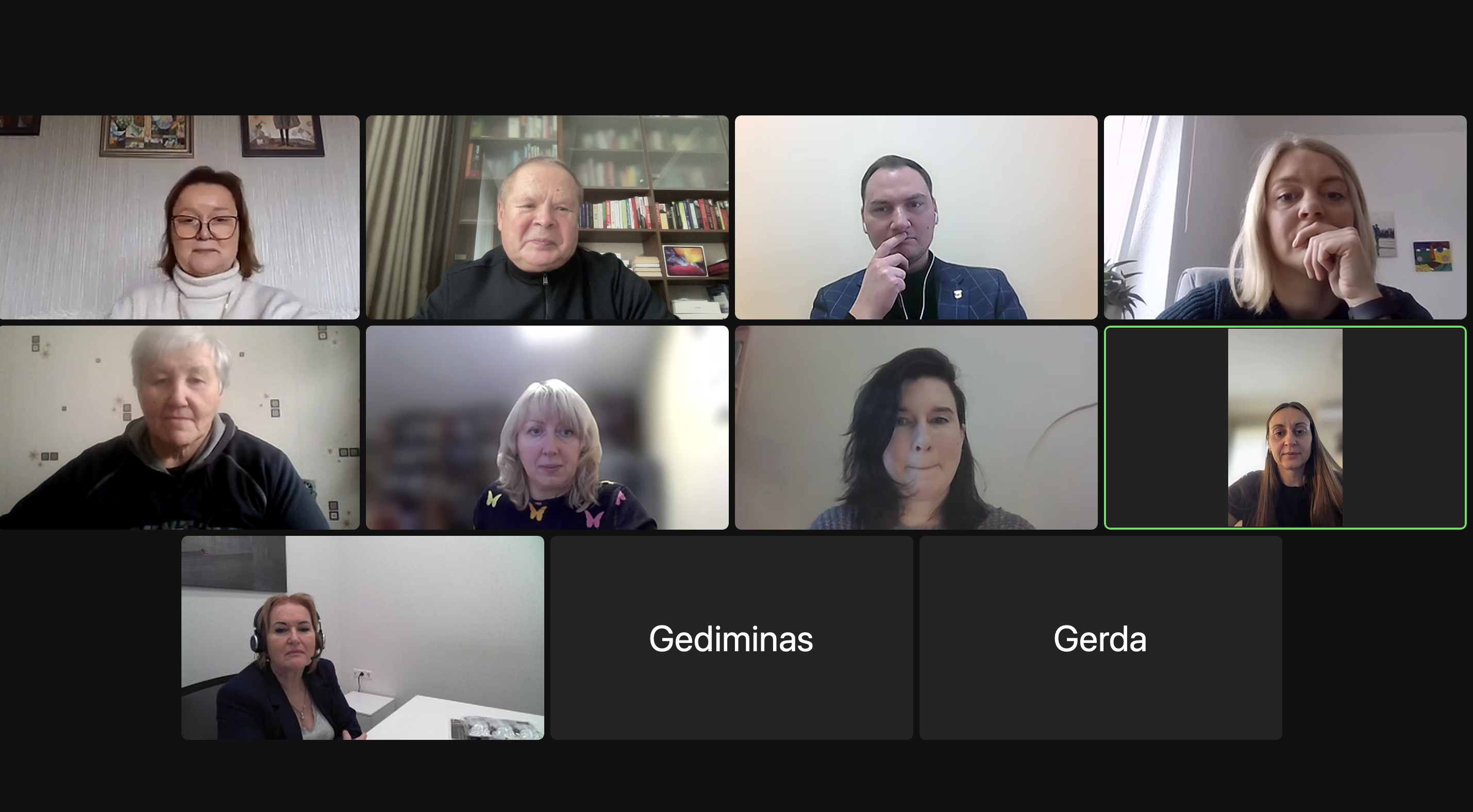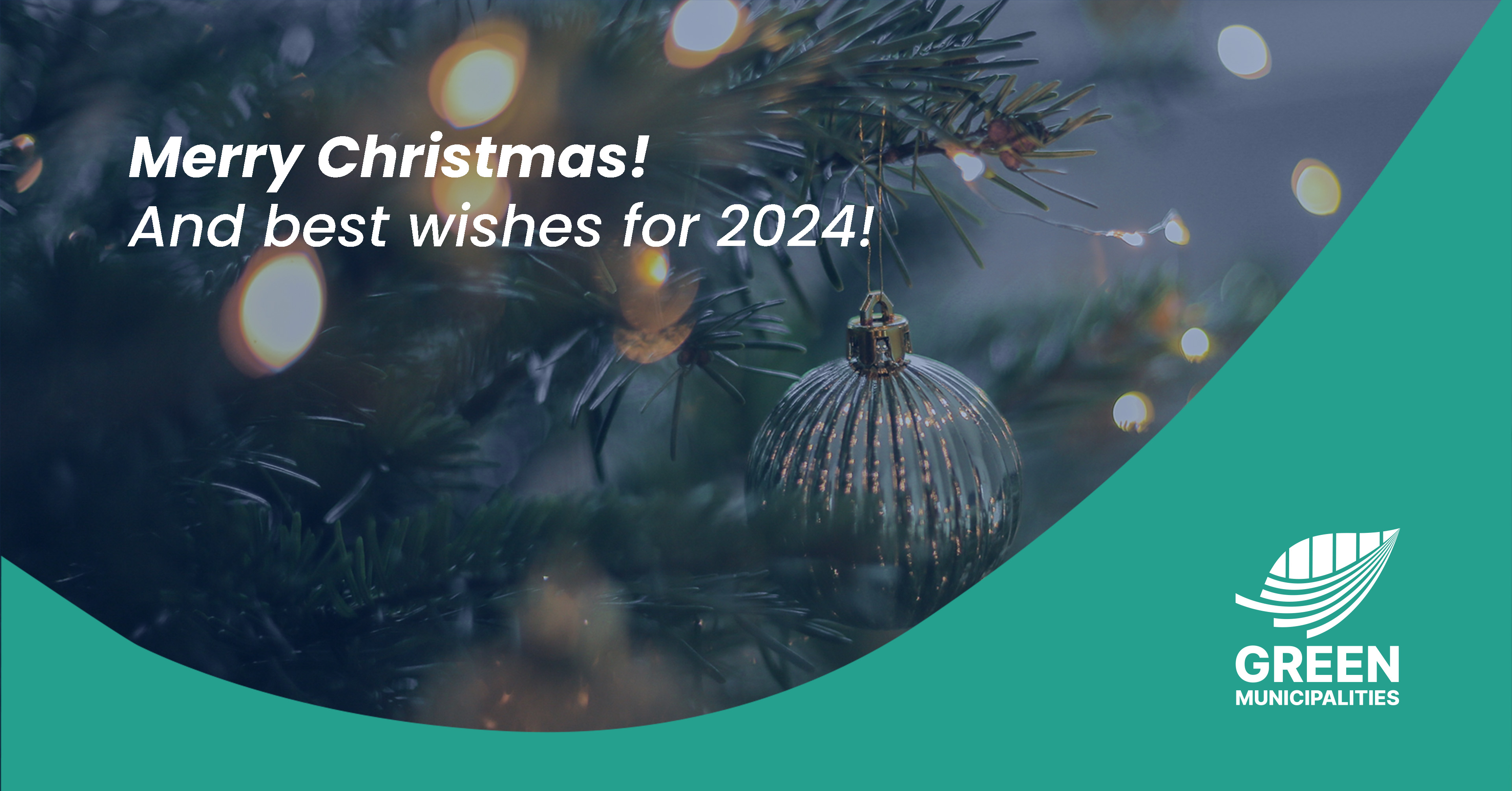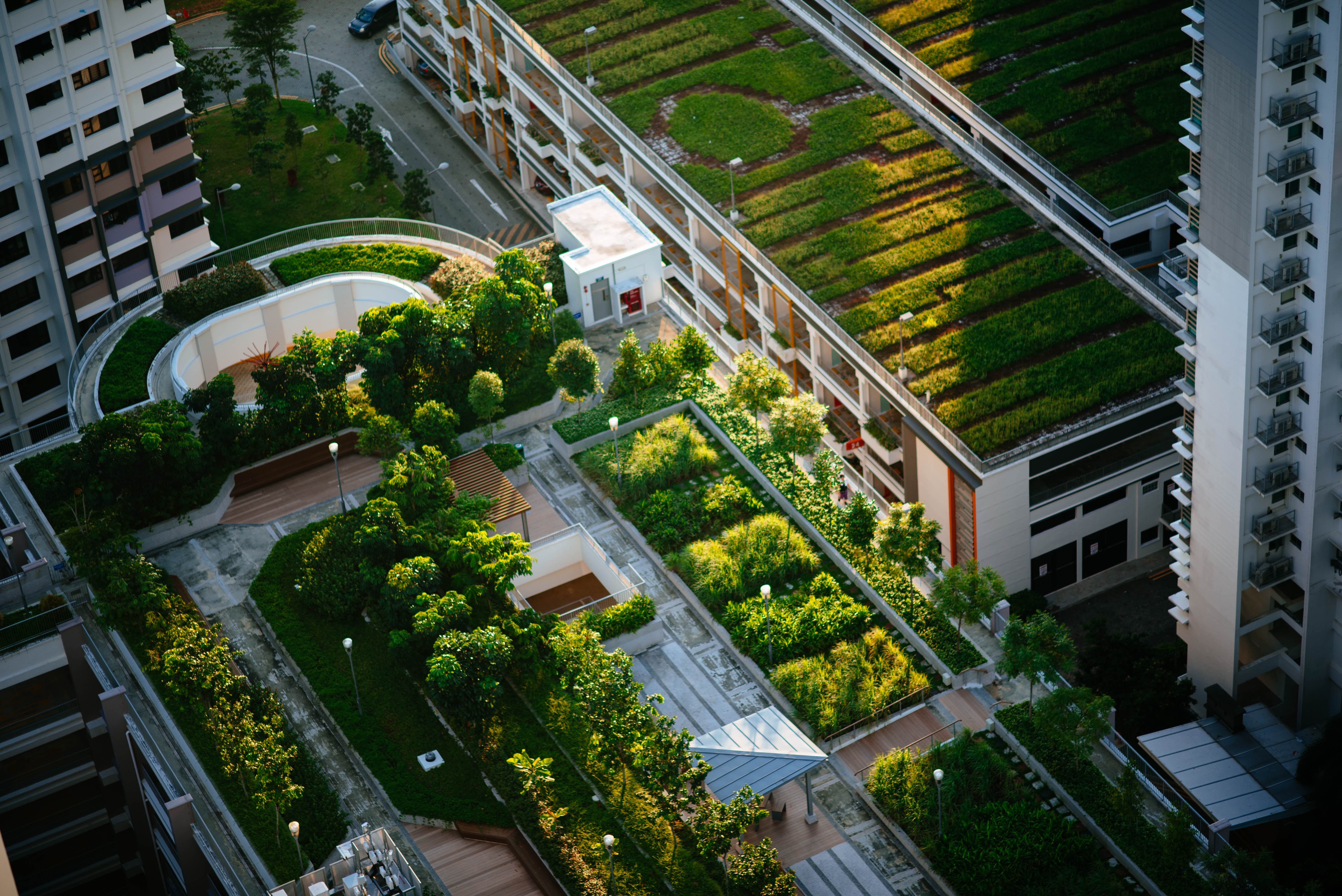For the twelfth time, the conference invites researchers and entrepreneurs from North Rhine-Westphalia and all other regions throughout Europe to find new research and innovation (R&I) partners for Horizon Europe projects.
Participants are invited to give a short presentation (ideas and/or results) with a focus on Horizon Europe calls, where a budget of approx. € 95.5 billion is available up until 2027.
The networking event is structured in parallel workshops focussing on eight topics:
- Cluster 1: Health
- Cluster 2: Creative Industries
- Cluster 4: Digital Technologies
- Cluster 4: Industrial Technologies
- Cluster 5: Energy
- Cluster 5: Mobility
- Cluster 6: Food, Bioeconomy, Natural Ressources, Agriculture and Environment
- Innovation Procurement (PCP/PPI)
The event addresses in particular universities and research institutes as well as companies, especially small and medium-sized enterprises. Participants are invited to become involved in established and new technology networks between researchers, entrepreneurs and multipliers related to Horizon Europe.
Giving a short presentation (ideas and/or results) or finding a partner by talking to decision-makers opens doors for new research and innovation projects in Europe with a focus on Horizon Europe.
Conference fee: € 150 (€ 120 one day) per person including VAT.
Invoices will be despatched in February 2025 before the event.
Free participation for speakers in sessions 1 to 4.
Please note that the event organizer does NOT cover any travel expenses, costs for hotels etc.! The conference fee includes dinner on 6 March, lunch on 7 March, tea/coffee/cold drinks during the breaks and the airport-venue shuttle (solely as provided by the organizers). Registration is binding. We reserve the right to charge the participation fee if a delegate fails to cancel their attendance by sending an email to successful@zenit.de by 28 February 2025.
Registration deadline is 28 February 2025. The deadline for submitting proposals in the call for presentations is 19 January 2025.

